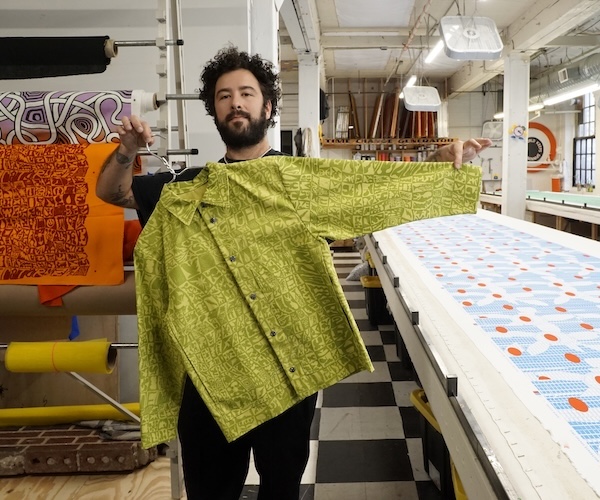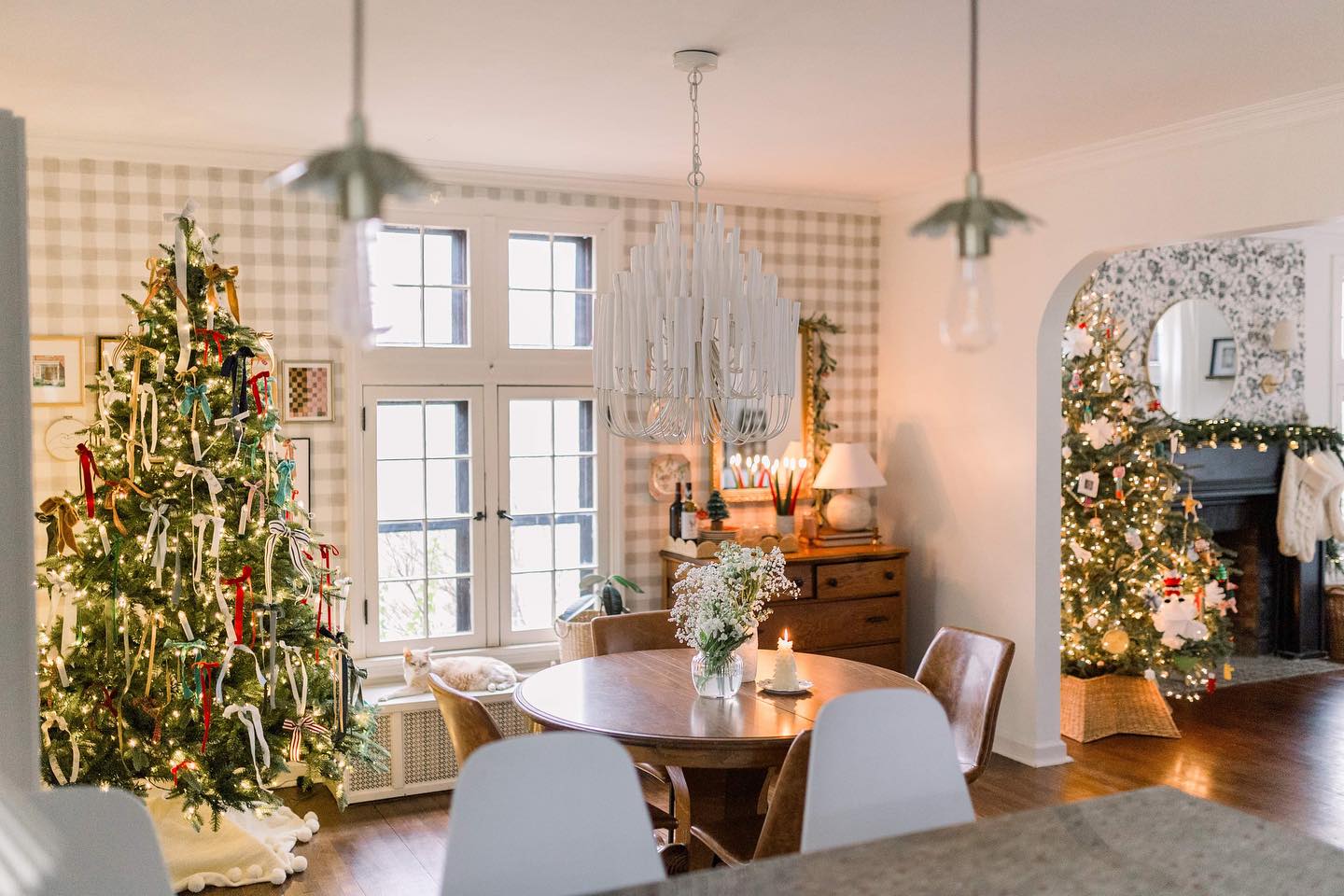This navy-and-ivory striped pullover fleece ($54) from Little Joules is a great alternative to North Face — and its fuzzy, super-soft texture makes it a best-seller. "One of my customers said her little boy asked if he could sleep naked in it," says Janet Nelson, owner of Pinwheel Kids. 3469 Fairmount Blvd., Cleveland Heights, 216-397-3930
For the Girls
Aspiring style mavens will appreciate the countless ways they can wear Mayoral's funky, sky blue ombre fur vest ($49). "Some [girls] are doing skirts with leggings," says Tamara Racin, owner of Paisley Monkey. "Pretty much anything goes." 14417 Detroit Ave., Lakewood, 216-221-1091, paisleymonkey.com
For their Book bags
Add some flair with Top Trendz Emoji backpack clips ($5.99 each) — an ode to our text conversation helpers. Choose from eight icons, including the poop emoji. "Half the mothers think it's a cupcake," says MJ Lehman, owner of Nicky Nicole. "The kids are like, 'Hmm, no. It's not a cupcake, Mom.' " 99 First St., Hudson, 330-656-5200, nickynicole.com











